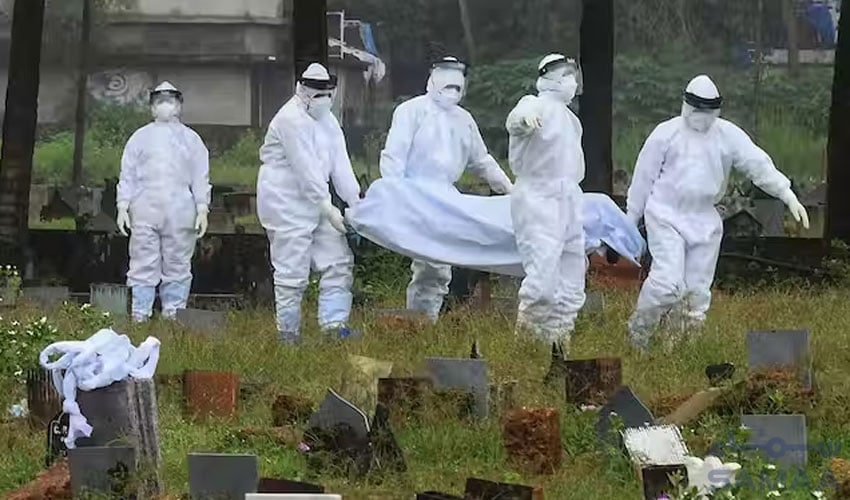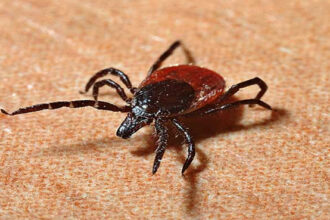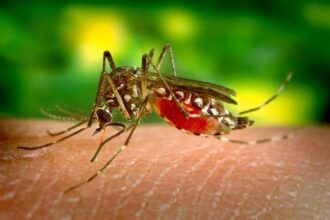
Nipah virus alarm in Sindh
The Sindh Health Department has issued a warning over the potential spread of the hazardous “Nipah” virus, which has infected multiple people in India, as worries about a probable transmission to Pakistan grow.
The warning urges all health department staff to take precautions in light of the Nipah virus’s threat.
In a letter distributed to hospitals throughout Sindh, the director of health ordered the medical superintendents, directors, and livestock departments to take precautions.
The Nipah virus is known to spread swiftly from animals to humans and vice versa.
- Advertisement -
The virus’s symptoms, which can include fever, headaches, body aches, and, in severe cases, coma, are also listed in the warning.
See also: Nipah virus: India’s growing threat
It’s crucial to keep in mind that Sindh hasn’t yet had any cases of the Nipah virus. However, there are concerns that the infection rate may continue to climb in India, a neighbouring country where the virus has already claimed over 100 lives and infected more than 300 people.
Nipah virus: what is it?
The deadly Nipah virus (NiV) can pass from animals to people.
It is present in fruit bats, and contact with infected bats, their saliva, urine, or other bodily fluids, as well as contaminated food or water, can cause human infection.
Fever, headache, sore throat, cough, muscle aches, diarrhoea, vomiting, confusion, seizures, and coma are some of the symptoms of Nipah virus infection.
Acute respiratory distress syndrome (ARDS) and encephalitis, which is an inflammation of the brain, are also included.
With a case fatality rate of 40% to 75%, NiV infection is a serious condition.
NiV is contagious
Direct contact with infected bats: You may come into direct contact with an infected bat if you handle one, touch it, or get bitten by one.
Contact with infected food or water: If you consume food or ingest water that has been tainted with the NiV virus, this could result.
Contact with an infected person’s bodily fluids: This can occur if you handle or touch an infected person’s saliva, urine, or other bodily fluids.
Nipah virus infection does not have a specific therapy, however supportive care can increase survival rates. To control symptoms, this may entail giving water, oxygen, and medications.











